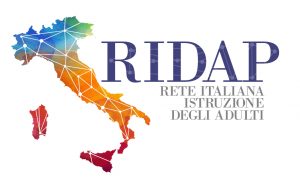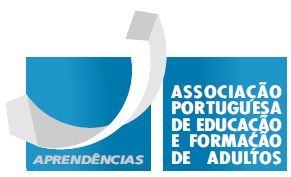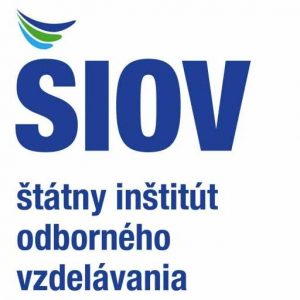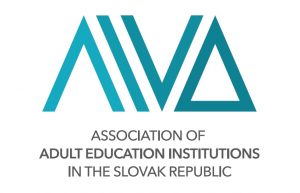Percursos de Cidadania, Alfabetização Solidária e Literacias de Adultos
Teaching / learning of basic and transversal skills
Brief description of the main purposes and contents
The “Pathways to Citizenship, Solidarity Literacy, and Adult Literacies” project aims at a collective and broad response to the problem of illiteracy and low literacy among the adult population.
Reasons why the project / program is considered a “good practice”
Because this practice takes into consideration the following issues / problems: More than half a million Portuguese literal illiterates, and more than two and a half million Portuguese adults with only the 1st cycle (cf. State of Education Report 2017, CNE 2017), from rural and urban and suburban areas and the consequent exc Illiteracy and low literacies are a present and perverse reality in Portuguese society. Absence of a specific public training offer that is comprehensive, integrated and adjusted in contents, contexts and geographies and that responds to this need of adults of all ages; The demand for structured and recognized responses by adults and public and private institutions with training and social responsibilities; The relevant and determining role of municipalities in the formulation of friendly environments for learning and lifelong education; The spontaneous appearance of partners to welcome the project locally and the vocational symbiosis of this civic movement for the problem of illiteracy and low literacies; The proximity of the experience of the organizational model and developed, in the country, over several years until 2011, integrated into the larger project called “out-of-school”. While it has these concerns, it puts into practice its objectives through the involvement of various social actors who are closer to this target audience.
Managing authority / organisation
Portuguese Association for Adult Education and Training (APEFA)
Main target group
Adults disadvantaged due to lack of education and skills
Source of funding
Public sources (national, regional,…)
Stakeholders involved
Adults who are disadvantaged due to a lack of education and skills; adults over 18 years of age who demonstrate weaknesses and difficulties in literacy; adult education entities; municipalities, associative movements; local actors who assume themselves as promoters of the project.
Contribution of the practice in improving / promoting the social inclusion of the beneficiaries
Because its main goal is to fight illiteracy, providing these citizens with new educational and training opportunities and consequently better social and professional conditions.
Elements of the project / program that could be easily transferred to other contexts
The methodology of this practice can be easily transferable to other contexts.
Other potential target groups to which the project / program could be extended
Disadvantaged adults lacking of education and/or skills.
Migrants, refugees.
Description of the methods of implementation and any recommendations
Percursos de Cidadania is a pilot project developed by APEFA – Portuguese Association for Adult Education and Training, and is a strong bet on eradicating illiteracy and promoting literacy among the adult population. As a response to the problem, Literacy and Literacy Workshops are promoted for the development of reading, writing, numeracy and other literacies, namely digital literacy based on people’s daily needs. The project is based on the individual and social responsibility of institutions and companies and on a strong aspect of volunteerism and solidarity. A solidarity project that relies on the involvement and a shared commitment of a set of local territorial actors, referents of the community, which make up the Council of Promoting Institutions (CIP) (City Councils, Parish Councils, IEFP, Qualifying Centers, Cultural Associations, business sports, Portuguese Red Cross, Santa Casa da Misericórdia, Center for Research & Innovation in Education, inED, the School of Education of the Polytechnic of Porto, APEFA, among others) that assume themselves as promoters of the project. They collaboratively promote the design, operationalization and shared governance of the project. The result is the meeting of minds in the identification of needs, the suitability to reality and the paths and directions to follow, materialized in each municipality or parish with the formal signing of the collaboration agreement of the co-promoting institutions. In the CIP, there are dimensions and logic of action and consequent commitments across all institutions, but others, due to their specificity, are assumed according to the mission of each institution. Objectives of the project “Pathways to Citizenship, Literacy and Literacy for Adults”; To integrate the “Pathways to Citizenship” project in a territorialized project of Adult Education and Training of continuity; To combat literal, regressive and functional illiteracy of the adult population, proficiency in reading and writing; To contribute to the practice of an informed and active citizenship and social inclusion; Foster socio-economic enhancement and territorial cohesion; Contribute to the awareness of educational actors and Lifelong Learning and Education; Mobilize public and private institutions, volunteers and society in general for the problem of illiteracy and low literacies of the adult population; and, Leverage the technical and pedagogical skills of adult educators / literacy teachers assigned to the project.
Project / program website or other online reference resources







